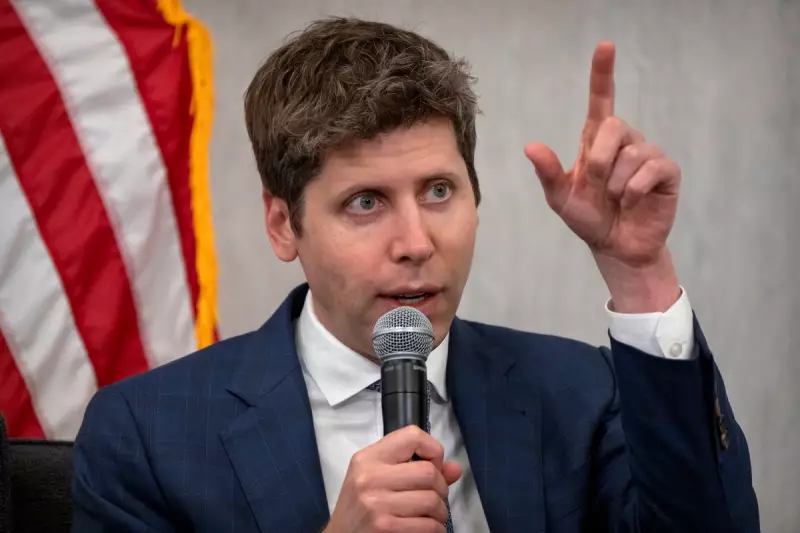
Sam Altman, the CEO of OpenAI, has issued a stark warning about the rising threat of AI-powered voice fraud, suggesting that sophisticated scams could soon become commonplace. Speaking at a recent event, Altman highlighted how rapidly advancing artificial intelligence could be weaponised to deceive individuals and businesses.
The Growing Threat of Voice Cloning
"We're approaching a point where AI-generated voices will be indistinguishable from real humans," Altman cautioned. This technology, while impressive, opens dangerous possibilities for fraudsters to impersonate loved ones, colleagues, or authority figures.
How the Scams Work
Cybercriminals could potentially:
- Clone voices from short audio samples
- Create convincing fake emergency calls
- Impersonate company executives in fraudulent transactions
- Manipulate stock markets with false statements
Experts Sound the Alarm
Security specialists echo Altman's concerns, noting that voice fraud attempts have already increased by 350% in the past year alone. Financial institutions report growing cases of "vishing" (voice phishing) attacks where criminals use AI-generated voices to bypass security measures.
Protecting Against Voice Fraud
Authorities recommend several precautions:
- Establish verbal code words with family members
- Verify unexpected requests through multiple channels
- Be sceptical of urgent financial requests via phone
- Monitor your digital footprint for voice samples
As AI voice technology becomes more accessible, the battle against digital deception is set to intensify. Altman's warning serves as a timely reminder of both the promise and peril of artificial intelligence advancements.





